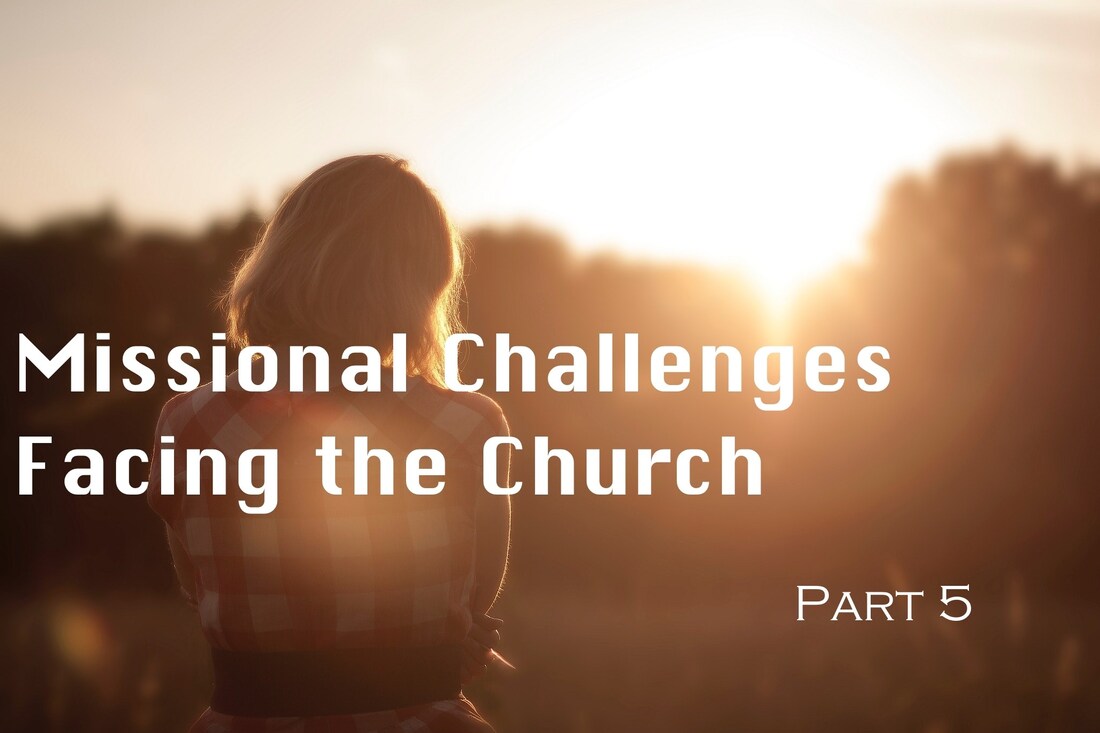|
Probably everything that can be said about mission trips has been said. And probably everything that has been said is true somewhere. However, it is too big a phenomenon to ignore. The last twenty years have seen an explosion of mission trips. Some estimate that one million Americans go on mission trips annually at a cost of $1 billion. Early on mission trips were mostly undertaken to stimulate missions commitment in the sending church: more giving, and praying, and producing more long-term missionaries. For years many of us have encouraged congregations to send their pastors and leaders to the mission field to give them first-hand experience and build their missions commitment. Now people are traveling everywhere in the world for all kinds of reasons and no reason at all, and missions trips are part of this trend. Daniel Rickett said that mission trips are at the tipping point of becoming tourism. On the contrary, many Christians have seen needs elsewhere in the world and discovered ways they can contribute. Almost all new long-term missionaries have been on one or more mission trips. Others have maintained contact with people in remote parts of the world. Nearly anyone you ask will say the mission trip was a “life-changing experience.” The results of more research are coming to light, with mixed results. It seems a life-changing experience isn't what it used to be. Some people are attempting to build a life made up of a series of life-changing experiences. Some people who go on a mission trip come home two weeks behind in their work and find the washing machine broken, a tired wife, and a houseful of dirty laundry. This turns out to be another life changing experience, partially neutralizing the earlier one. Mission trips are changing the way we view missions and do missions. Mission trips are a means to accomplish mission work on the field, to enlighten and disciple the ones who go, and to influence the congregation back home. At the same time, trips consume a great deal of missions energy both at home and on the field. Those who go return exhilarated, worn out, and two weeks behind. Unless the fires are deliberately stoked, they tend to die out. While much good work is accomplished on trips, there are not infrequent reports that trips were more costly than beneficial, if not down right detrimental, on the mission field. The permanent life change we hope to see in the one who goes gradually fades back into normal American life. The congregation may not get the full impact because there is little opportunity to communicate and because of a failure to think clearly about what needs to be communicated. Not too long ago I heard a missions trip report that included no mention of giving, one appeal for prayer, and several enthusiastic appeals for people to go on trips. The primary result of most trips is more trips. Mission trips are a means to accomplish mission work on the field, to enlighten and disciple the ones who go, and to influence the congregation back home." I’ve never heard anyone say that their church’s regular missions budget (outside of giving for mission trips) has grown because of their mission trips. I'm sure it has happened but it doesn't appear to be a general expectation. It is clear, however, that an increasing proportion of many missions budgets is going to help support the trips. One of my friends told me that their church had notified a long supported missionary couple that they wouldn’t be able to support them any longer because they needed the funds for more missions trips.
While most new missionaries have taken mission trips, there is little evidence of a surge of new long-term missionaries. An increasing number of churches are making trips a major part, sometimes the primary part, of their missions ministry. Others are using trips not for doing ministry but primarily as a discipleship tool. One young leader in a mega church told me that the reason they do mission trips is merely to disciple their people. There is no doubt that mission trips can be an effective discipling tool but subtly mission trips are becoming something we do for ourselves rather than a means of stimulating greater missions involvement and effectiveness in the world. When we find ourselves “using” missions as a tool for our own benefit, or doing missions in a certain way because it provides a means for personal involvement, and not to accomplish something for Jesus out in the world, we have gone off course. The challenge is to do mission trips in such a way that they are productive on the field, they disciple the people who go, and they stimulate the congregation to greater missions commitment. This is no small challenge. Take Action
2 Comments
Mavis Wanczyk
2/11/2024 09:16:24 am
Being the winner of a multi-million dollar lottery certainly will be a life-changing event for almost every single lottery winner. My name is Mavis Wanczyk from Chicopee, Massachusetts, the famous PowerBall lottery winner of $758 million (£591m). I know many people would wonder how I had won the lottery. Would you believe me if I told you that I did it with spell casting? I met this famous spell caster known as Doctor Odunga and he was the one who did it for me. As shocking as it was to me, my famous comment to the press was “ I’m going to go and hide in my bed.” Never did I believe that Doctor Odunga made me wealthy overnight. If you want to have your chance of winning and becoming very wealthy just like me, contact Doctor Odunga at [email protected] OR WHATS-APP HIM at +2348167159012 and you will be lucky. Thanks for reading and hope to see you at the top
Reply
Leave a Reply. |
Archives
December 2022
Categories
All
|



 RSS Feed
RSS Feed